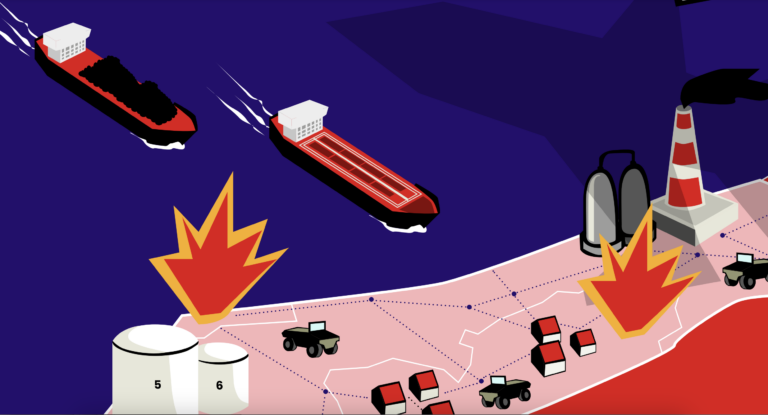
Partnerships between NGOs and businesses: a structural contribution to development?
There is a growing trend showing businesses and NGOs working together on developmental issues like poverty eradication, vaccination programmes, access to drinking water or distribution of educational material. By means of these partnerships, businesses show that they do not only care about making a profit, and NGO efforts reach a much wider audience. They look promising, these new NGO-business partnerships, but are they? There are points NGOs need to consider before entering into such a partnership.
A drop in the ocean?
A lot of partnerships focus on a single, appealing theme that make consumers feel that they are contributing to the solution of a problem: ”Buy one bottle of water and X% of our net profit goes to clean drinking water in Africa” or “One packet of diapers = one vaccination”. On the micro level there is nothing really wrong with these campaigns: the claim is clear and the partnership supports a good cause. However, these initiatives do not change the underlying system. These partnerships do not bring about systematic changes and in some cases even sustain unsustainable or unfair practices. Take the example of bottled water again: a financial donation to a clean drinking water project is nice, but the privatization of water that benefits the partnering company will not be addressed by this partnership, whereas this privatization trend runs the risk of depriving large groups of people the access to clean water.
The bigger picture
Innovative partnerships transform the system that sustains the causes of structural poverty and inequality. Also, they contribute to developmental goals on the micro and on the macro level. Experience shows that NGOs that partner with business sometimes lose sight of the bigger picture; they focus on the short term benefits of the partnership, whereas they could get much more out of a partnership.
Naive NGOs
In dealing with businesses, NGOs can be a bit naive.
“It is important to think about the way the system works that causes and sustains poverty”, says Mariëtte van Huijstee, researcher at SOMO. “And to think about other issues you can address once you’re in dialogue with a company.” Furthermore, NGOs can be more pro-active in identifying suitable business partners to cooperate with. Van Huijstee: “NGOs often react to partnership opportunities that come along, without having a clear partnership strategy. If you think about whom you would like to cooperate with, and why, you can achieve more. And stay closer to your mission at the same time.”
SOMO helps NGOs prepare for their dialogue with businesses, and can assist NGOs in developing policies on partnerships, in finding suitable business partners and through specific research on companies and sectors.
Watch here(opens in new window) a TEDx debate in which Trix van Hoof (AMREF Flying Docters), Bas Hoefman (Research Africa), Mariëtte van Huijstee (SOMO) and Mark Vernooij (THNK) discuss the pros and cons of partnerships between NGOs and businesses.
Related news
-
 The hidden human costs linked to global supply chains in ChinaPosted in category:News
The hidden human costs linked to global supply chains in ChinaPosted in category:News Joshua RosenzweigPublished on:
Joshua RosenzweigPublished on: -
 The power to extract value from the value chainPosted in category:Long read
The power to extract value from the value chainPosted in category:Long read Rodrigo FernandezPublished on:
Rodrigo FernandezPublished on: -
Powering injustice Published on:
 Lydia de LeeuwPosted in category:Publication
Lydia de LeeuwPosted in category:Publication Lydia de Leeuw
Lydia de Leeuw

